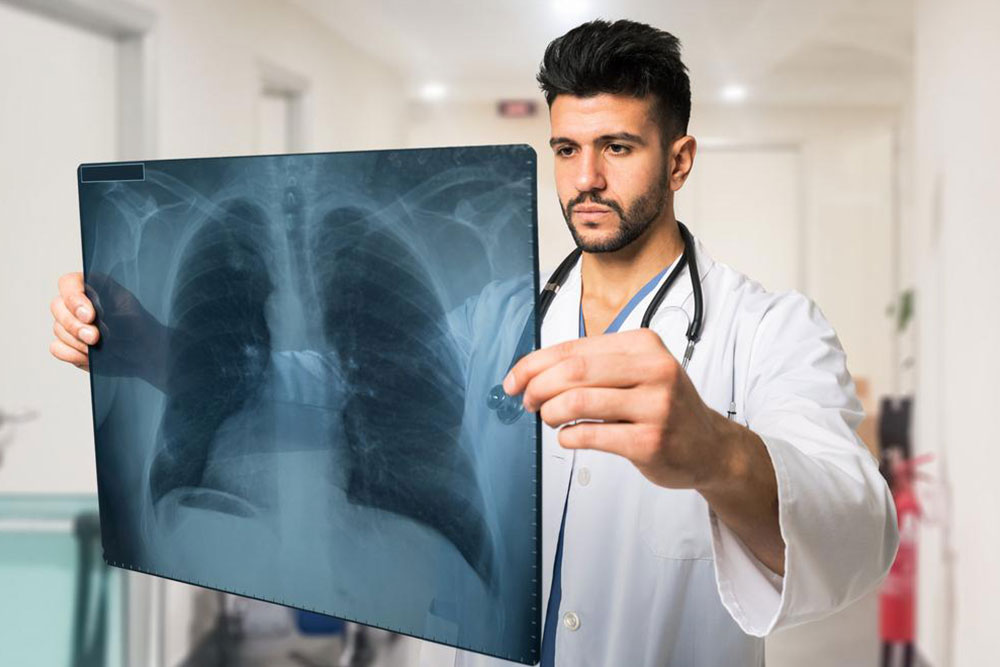Information that you ought to know about Non Small Cell Lung Cancer
Two primary types of lung cancer afflict both smokers and non-smokers. These include non-small cell lung cancer (approximately 80% of cases) and small cell lung cancer (around 15% of the cases). NSCLC is the most common type of lung cancer. Any guide that contains non-small cell lung cancer information will mention that there are various subtypes of non-small cell lung cancer that include large cell carcinoma, squamous cell carcinoma, and adenocarcinoma.

NSCLC – Symptoms
If you are looking to gain non-small cell lung cancer information, then it helps to know the symptoms of the condition. These include weight loss, coughing blood, a cough that does not seem to get cured, backaches, chest pain, tiredness, shortness of breath, appetite loss, and wheezing.
NSCLC – Diagnosis
The tests that are conducted for diagnosing cancers include complete blood count (CBC), physical examination, followed by a chest X-ray. After that, several advanced tests are carried out to determine if the patient has NSCLC or not. However, there are various non-small cell lung cancer clinical trials that are being performed for discovering other tests that can give higher accuracy in the results.
NSCLC – Treatments
NSCLC research studies contain non-small cell lung cancer information on the treatments for the patients such as radiation, chemotherapy, and surgical procedures. The treatments are administered depending on the stage of cancer. Non-small cell lung cancer clinical trials are ongoing for inventing newer medical treatments that can reverse the patient’s condition.
Surgeries
The surgeries that are performed on the NSCLC patients are pneumonectomy, pulmonary lobectomy, and the surgical extraction of a lung portion that has an abnormal tissue.
Medical procedures
NSCLC patients are also subjected to radiation therapy and stereotactic radiation therapy if the need arises.
Medicines
Various drugs are advised for NSCLC patients that are part of the chemotherapy treatment plan.It is important to keep in mind that NSCLC requires medical assistance and cannot be treated through alternative therapy. However, alternative medicine can complement the medical treatments for improving the overall well-being of the patient.